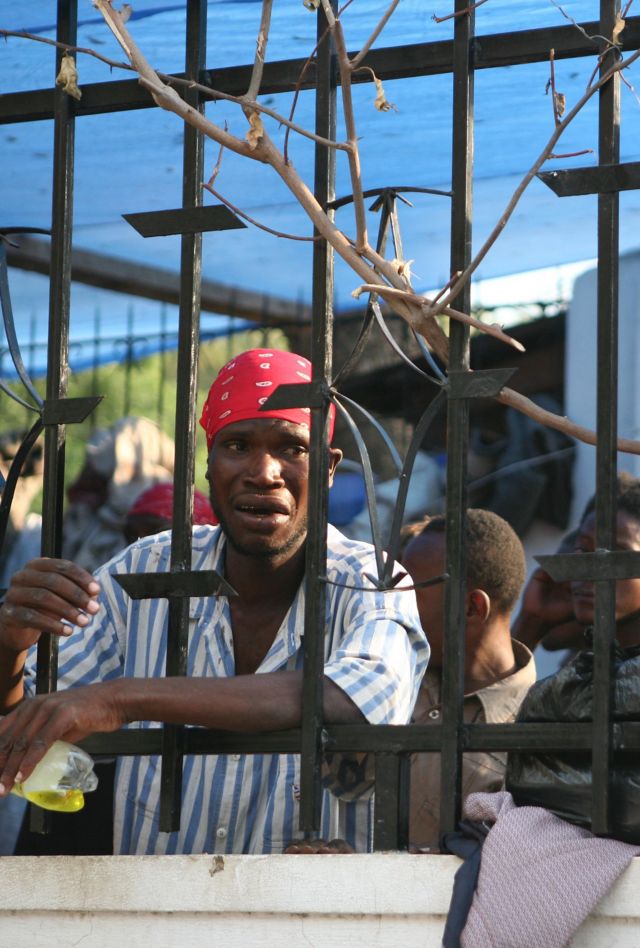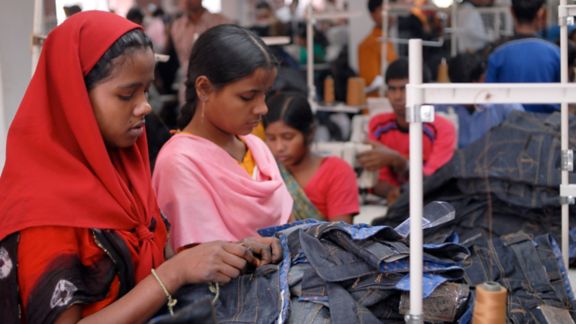Evaluating USAID’s Work on Prolonged Pretrial Detention in Haiti

From 2009 to 2016, USAID Haiti sponsored PROJUSTICE, a Rule of Law Program whose primary goal was to contribute to the stability, security, and citizens' confidence in government institutions by improving justice delivery. One component of the program addressed this challenge by working to reduce the incidence and prevalence of prolonged pretrial detention (PTD) in Haiti. Prolonged PTD refers to detention prior to trial or judgment that illegally exceeds the constitutional time limits set forth to govern this type of detention. Thus, PTD represents a form of arbitrary imprisonment and a grave human rights concern. Estimates indicate that over 70% of the Haitian prison population is held in PTD, with the rate substantially higher in the Port-au-Prince jurisdiction. While the Haitian Constitution guarantees the accused access to free legal representation, in practice, the government of Haiti does not employ public defenders. As such, individuals held in prolonged PTD typically have no access to legal representation or advocacy. In this void, USAID’s PROJUSTICE program sponsored free legal assistance for 1,364 detainees between 2009 and 2016.
NORC worked with academic researchers to conduct an impact evaluation of the component of PROJUSTICE that provides legal aid for the PTD prisoners. In this context, illegal detention refers to detention that has overrun constitutionally defined time limits for criminal procedure. The impact evaluation was conducted in two jurisdictions, Port-au-Prince and Croix-des-Bouquets, in 2016 at the end of the PROJUSTICE program implementation. A wealth of original data was collected to characterize the PTD situation at the individual/case level and measure the impacts of the legal assistance intervention.
Data consisted of:
- Prison registers
- Baseline and endline surveys and “censuses” of the experimental subjects
- Case files collected by PROJUSTICE legal assistants
- Administrative data on cases collected from the Courts of First Instance during the endline data collection period
The impact evaluation used a novel randomized rollout design that affords an ethical and arguably fair way to distribute a service when the service cannot be provided to all subjects. After identifying the possible subjects who met the eligibility criteria, the researchers randomly selected 1,080 prisoners who were in prolonged PTD. Because PROJUSTICE could not provide legal assistance to all these detainees before the program ended, the evaluation team randomized the order in which assistance was to be provided. This randomized rollout design afforded an ethical and arguably fair way to distribute a service when the service could not be provided to all subjects. The order utilized blocked random assignment, blocking on age, sex, time detained, offense, prison, and education.
Detainees were found to be disproportionately poor, young men who unsurprisingly do not trust Haitian government institutions. Findings show the PROJUSTICE provision of legal assistance does reduce the duration of cases that remain in illegal pretrial detention. However, legal assistance can only reduce the prevalence of PTD if reductions in the duration of PTD counterbalance the number of individuals arrested and detained. To this extent, it is essential to provide a sufficient-sized unit of legal assistants such that all detainees can be represented.








